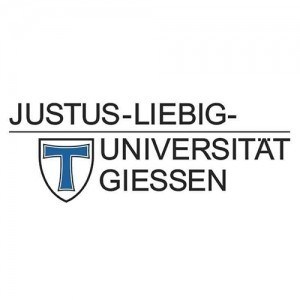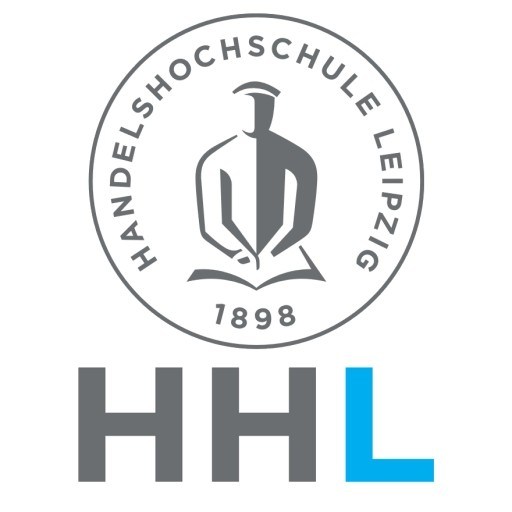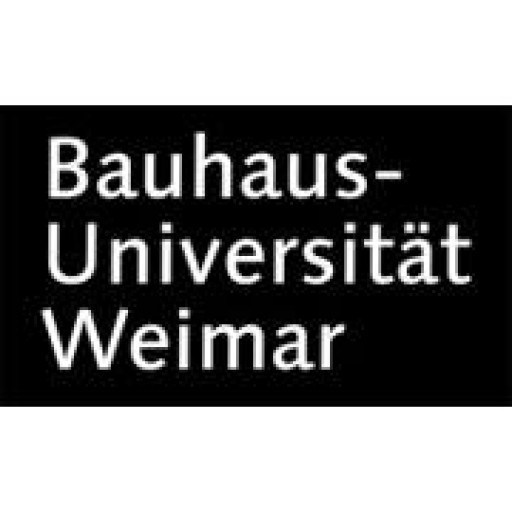Photos of university / #tu.muenchen
Power Systems and Energy Management is a comprehensive master's degree program offered by the Technical University of Munich, designed to equip students with the fundamental knowledge and advanced skills necessary to address the complex challenges of modern energy systems. This interdisciplinary program combines principles from electrical engineering, energy science, economics, and environmental studies to prepare graduates for careers in the development, optimization, and management of sustainable energy infrastructures. Throughout the course, students explore core topics such as electrical power systems, renewable energy integration, smart grids, energy storage, and power system stability. They also acquire expertise in energy management strategies, grid automation, and the economic and regulatory aspects of energy markets. The program emphasizes practical skills through project work, laboratory exercises, and collaborations with industry partners, enabling students to apply theoretical knowledge to real-world problems. Graduates will be capable of designing efficient energy systems, implementing innovative energy solutions, and contributing to the transition toward sustainable and resilient energy networks. The curriculum is structured to foster analytical thinking, technical proficiency, and a strong understanding of the environmental impacts of energy production and consumption. Delivered by leading experts and industry practitioners, the program ensures that students stay updated with the latest trends and technological advancements in the field. With a diverse international student body and numerous opportunities for research and internships, students are encouraged to develop a global perspective on energy issues. Upon completion, graduates are well-prepared for careers in power utilities, consulting firms, energy agencies, and technology companies, or for pursuing doctoral studies in related fields. The Power Systems and Energy Management program at TUM embodies the university’s commitment to innovation, sustainability, and excellence in engineering education, making it an ideal choice for aspiring professionals dedicated to shaping the future of energy.
Educational organisation
The first two semesters (nine months) comprise all the theoretical modules and will be held in Singapore. The third semester includes a mandatory three-month internship at an industrial partner and a period of six months for the Master's thesis.Study abroad unit(s)
The modules will be held in Singapore, the internship and Master's thesis will take place in Germany, Singapore or other countries.Internships
Three months for students in Germany/Europe or SingaporeForms of assessment
Each module has continuous assessment and a final exam. We use a credit point system. Final transcripts contain international and German grading.Course objectives
The Master of Science in Power Systems and Energy Management equips students with the academic proficiency and hands-on training to understand the challenges and the knowledge required for developing solutions associated with power systems. Students will not only develop in-depth understanding in the areas of power systems but also in energy management. The Master's degree is awarded by Technische Universität München (TUM), Germany.Upon completion of the course, students will be able to demonstrate understanding of the principles relating to power systems and energy management. They are able to handle energy-focused projects independently and work as energy managers in various energy consumer or provider organisations and the energy sector in the governmental organisations or institutions. They are also capable of doing power system related research in institutions.
In addition to a sound and industry-relevant education with practical use for a professional career, one of our ambitions is to immerse students from all over the world into foreign cultures, languages, history and way of life. This is why our programme places its emphasis on:
- The spirit of international relations
- Leadership in multinational teams
- Courses in business administration, management, law, culture, ancient and modern history of both Asia and Europe
- Exchange programmes to Europe/Germany and Asia
- An intercultural ambience
- Optional language courses to learn the German language
Language requirements
Applicants whose native language or medium of instruction from previous studies (e.g. Bachelor) is not English must submit at least one of the following:- TOEFL: minimum 605 for paper-based test, 234 for computer-based test, 88 for internet-based test
- IELTS: overall IELTS results of at least 6.5
Academic requirements
An applicant must have completed at least a three-year Bachelor's degree in Physics, Electrical, Mechatronics, or an equivalent degree in other relevant disciplines.Akademische Prüfstelle (APS) certificate is required for applicants with education qualifications from China, Vietnam, and Mongolia.
Enrolment fees
Approx. 115 EUR per semesterCosts of living
Around 1,000 SGD per month in Singapore and around 700 EUR per month in Munich for accommodation, living, health insurance, books, and miscellaneous expensesJob opportunities
The programme is too intensive for part-time jobs.Funding opportunities within the university
Limited scholarships from renowned partners in the aerospace industry and TUM Asia-scholarships are provided for outstanding students.http://tum-asia.edu.sg/admissions/scholarships/
Arrival support
We provide arrival information in Singapore and Munich and assistance with visa issues. We also offer an orientation week for new students with information on residence permits, insurance, etc.Accommodation
It is not easy to find a place to live in Munich - but it is not impossible either! TUM supports students and employees in their search for accommodation, providing personal advice, in-house listings and useful information to ensure that you can quickly find a place to call your own: http://www.tum.de/en/university-life/accommodations/With high rents and not enough rooms in halls of residence, the Munich rental market is one of the most competitive in Germany - especially for students. The city boasts over 1.4 million inhabitants, with more people moving to Munich every year - many of them attracted by the excellent study opportunities that Munich has to offer.
Student halls of residence usually offer affordable accommodation for students. The Munich Student Union runs most of these halls of residence - more information at http://www.studentenwerk-muenchen.de/en/accommodation/








